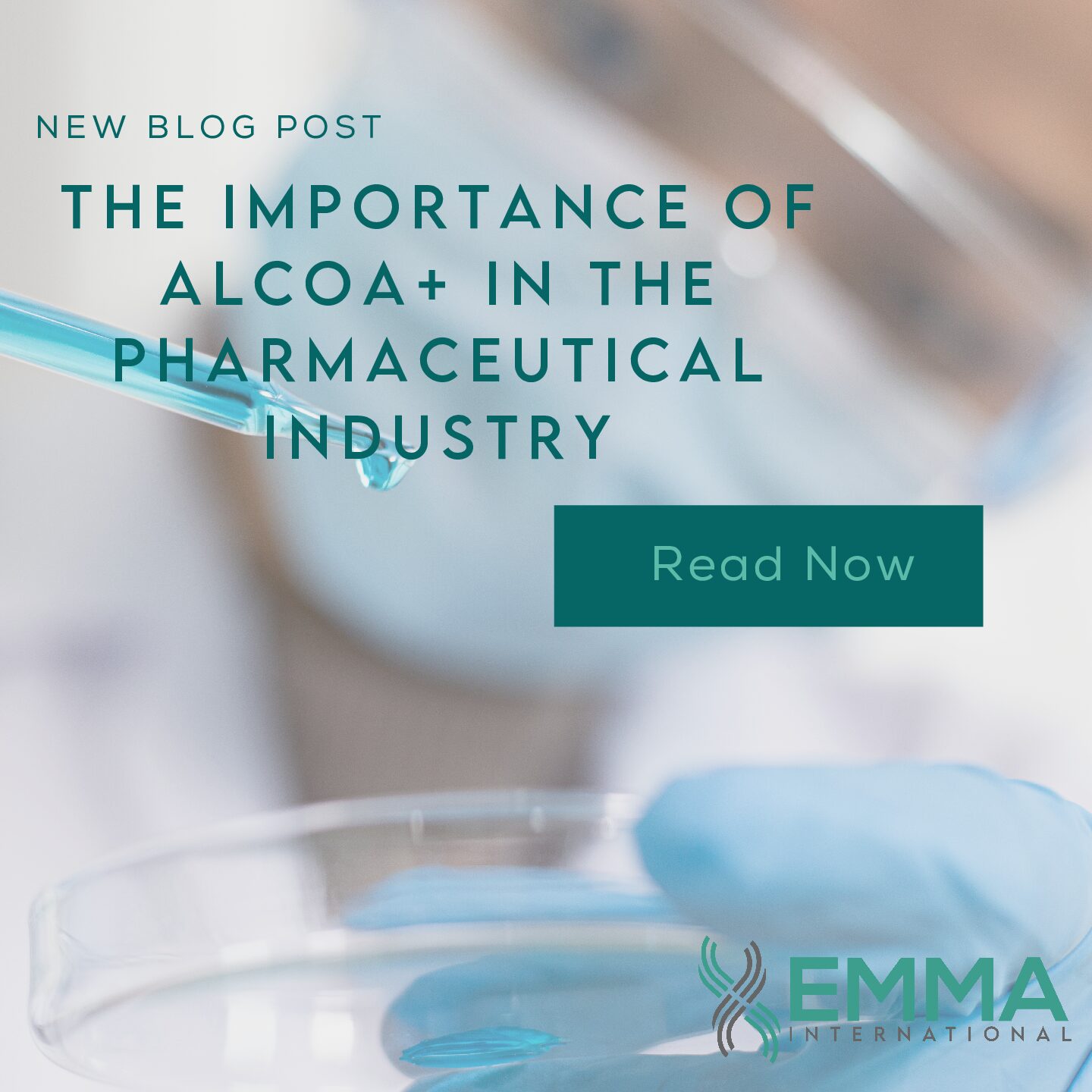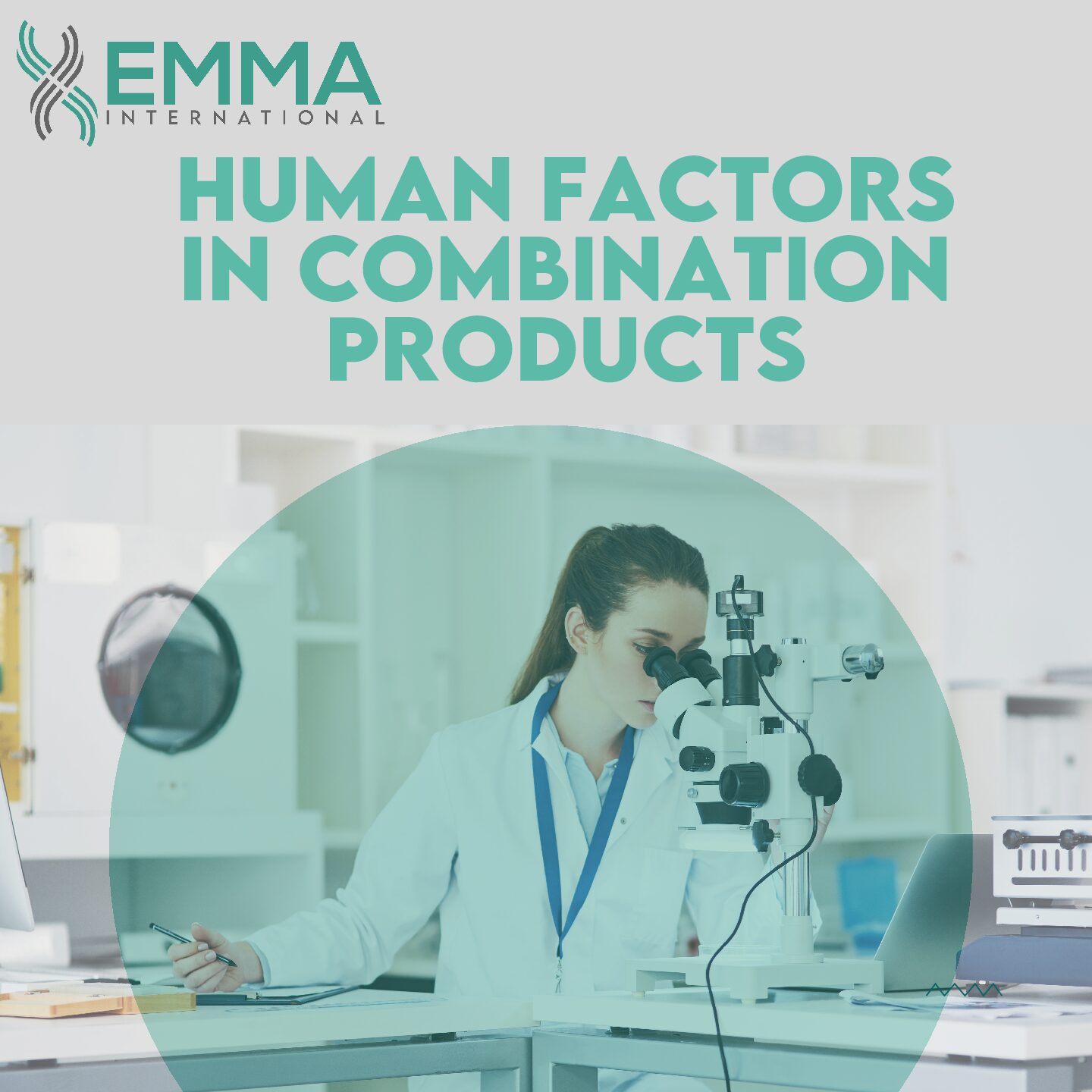One of the key components in ensuring compliance for pharmaceutical operations is the validation of manufacturing processes. This process guarantees that every product released to the market is produced consistently and reliably. This blog will discuss the importance, stages, and best practices for validating manufacturing processes in pharma.
Process validation in pharmaceutical manufacturing is essential for several reasons:
- Patient Safety: Ensuring that medications are safe for consumption is the primary concern. Validated processes help to minimize the risk of contamination, incorrect dosages, and other issues that could harm patients.
- Regulatory Compliance: Regulatory bodies like the FDA, EMA, and others require validated processes to ensure that products meet specific quality standards. Non-compliance can result in severe penalties, including product recalls and facility shutdowns.
- Product Consistency: Validation ensures that each batch of product is consistent in quality. This consistency is crucial for maintaining the efficacy of the medication over time.
- Cost Efficiency: By identifying and controlling process variables, manufacturers can reduce waste and rework, ultimately saving costs.
The process validation lifecycle typically involves several key stages:
- Process Design: This is the initial phase where the manufacturing process is defined. It involves understanding the production process and developing a detailed plan to ensure consistent quality. This stage includes laboratory studies and small-scale trials to establish the process parameters.
- Process Qualification: During this phase, the process design is tested under actual production conditions to verify that it can produce quality products at commercial scale. This includes:
- Installation Qualification (IQ): Verifying that equipment and facilities are installed correctly.
Operational Qualification (OQ): Testing the operation of equipment and systems to ensure they function according to specifications.
Performance Qualification (PQ): Demonstrating that the process consistently produces a product that meets all predefined quality criteria during routine production. - Continued Process Verification: Even after the process is validated, ongoing monitoring is necessary to ensure it remains in a state of control. This involves regular testing, collecting data, and analyzing trends to detect any deviations or areas for improvement.
Best practices for effective process validation start with thorough documentation. Comprehensive documentation is crucial at every stage of validation. This includes protocols, procedures, test results, and any deviations encountered during the process. Proper documentation ensures traceability and accountability. Additionally, conducting risk assessments helps identify potential areas of failure and allows for the implementation of mitigation strategies. Tools like Failure Mode Effects Analysis (FMEA) can be very useful in this regard.
Validation should be a collaborative effort involving various departments, including R&D, Quality Assurance, and Manufacturing. Cross-functional teams ensure that all aspects of the process are considered and validated thoroughly. Ensuring that all personnel involved in the validation process are adequately trained and competent is vital. Regular training programs should be implemented to keep the staff updated with the latest industry standards and regulatory requirements.
Implementing advanced analytical and monitoring technologies can enhance the accuracy and efficiency of the validation process. Technologies like Process Analytical Technology (PAT) enable real-time monitoring and control, leading to more robust processes.
Validating manufacturing processes in the pharmaceutical industry is a complex but essential task that ensures products are safe, effective, and of high quality. By following a structured validation lifecycle and adhering to best practices, pharmaceutical companies can meet regulatory requirements, safeguard patient health, and achieve operational excellence. If you need support validating your manufacturing process, trust the experts at EMMA International to help! Give us a call at 248-987-4497 or email info@emmainternational.com to learn more.





